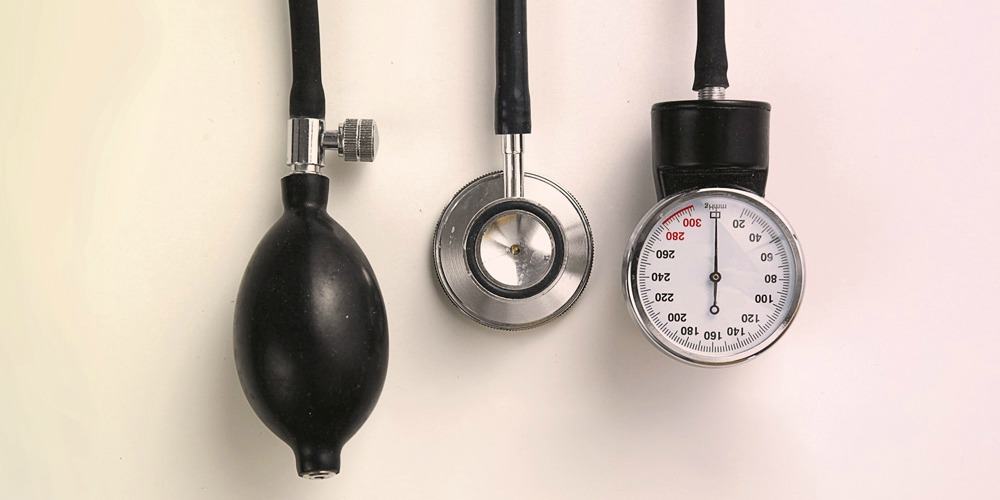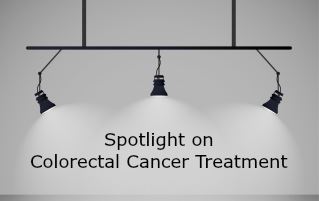The Future of Medicine

11 Examples of how personalised medicine is helping patients today
Here are 11 real life examples of how personalised medicine is enabling hospitals and doctors to provide better care to patients today:
- shifting the emphasis in medicine from reaction to prevention
- predicting susceptibility to disease
- improving disease detection
- pre-empting disease progression
- revealing additional or alternative uses for medicines and drug candidates
- customizing disease-prevention strategies
- increasing patient adherence to treatment
- prescribing more effective drugs
- avoiding prescribing drugs with predictable side effects
- reducing the time, cost, and failure rate of pharmaceutical clinical trials
- eliminating trial-and-error inefficiencies that inflate health care costs and undermine patient care
3 examples of how personalised medicine is making a difference for real patients
Below are three concrete examples as to how personalized medicine is making a real difference for patients:
Before the availability of genome-based molecular screening, the dosing of Warfarin, which is prescribed 21 million times a year in the United States alone, was a dangerous game in which too little of the drug could trigger more clots and too much could lead to excessive bleeding.
Since 2007, the U.S. Food and Drug Administration has recommended genotyping for all patients being assessed for therapy involving Warfarin. Genotyping allows prescription of drug therapy regimens only to individuals expected to benefit from that specific drug at that specific dosage.
Metastatic colorectal cancer kills 50,000 individuals in the US every year, more lives than are lost to breast cancer and AIDS combined. Among the drugs most frequently used in treating colon cancer is cetuximab.
For colon cancer patients, the biomarker that predicts how a tumor will respond to certain drugs is a protein encoded by the KRAS gene, which can be now be determined through a simple test. Because cetuximab is effective only in colon cancer patients with normal KRAS protein, treatment with the drug can be withheld from the 40 percent of patients for whom it would prove ineffective. Alternative therapies can be pursued immediately instead.
Just as molecular diagnostic testing of tumors determines which colon cancer patients are most likely to benefit from drug therapy using cetuximab, women with breast tumors can be screened to determine which receptors, if any, their tumor cells contain.
For example, the cells of the highly aggressive “triple-negative” breast cancer have no estrogen, progesterone, or human epidermal growth factor receptors, which are essential to the efficacy of current anti-breast cancer therapies. The application of personalized medicine eliminates both the considerable expense and precious time of trial-and-error treatments and helps clinicians to determine quickly which breast cancer therapies are most likely to succeed.
Personalised medicine and Alivia
Alivia offers programmes for healthy clients as well as for clients with existing medical conditions and illnesses; Alivia Proactive® and Diagnosis Confident®, respectively. Both programmes have been designed to incorporate the personalised approach to medicine. For example, as part of the Alivia Proactive® programme, Alivia’s medical team uses genetic tests and reviews of a client’s family medical history to prepare a report that outlines the client’s key medical risks. These sources are critical pieces to have when looking at test results from a medical check-up/screening and trying to understand whether there any “red flags” that warrant further investigation.
Similarly for clients with existing conditions, Alivia adopts the personalized approach to understand, and suggest alternative treatment options. This is true for all conditions but particularly in cancer cases where Alivia works with various forms of personalized oncology solutions, including molecular profiling of tumours and tumorgrafting, to assist its clients.
Click here to learn more about Alivia’s provides access to personalised oncology solutions for cancer patients.




